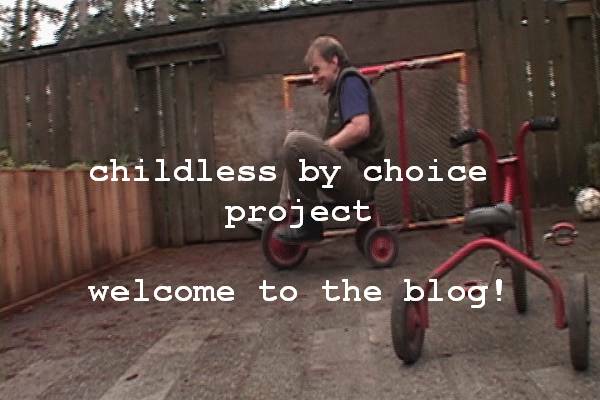Beyoncé
is not “feminist enough.”
bell
hooks is “too feminist.”
Some
women are not “mom enough” because they don’t wear their babies, breastfeed, or
co‑sleep.
Others
are not “woman enough” because they don’t want motherhood.
When
are we going to refrain from trying to define what “fulfilled” or “happy” looks
like for each other?
I
am a mother of a teenage daughter whose life is spread out before her, and I
absolutely refuse to define “happiness” for her.
Happiness
is subjective. Calista* always dreamed
of being a teacher. What she didn’t
dream of was being a mom. Calista
doesn’t volunteer her thoughts on this topic because she feels embarrassed by
the reactions she receives. Knowing I’m
a mother who believes in the right of every woman to decide if motherhood is
the right path, Calista remarked, “I’m so glad there are people like you on our
side.”
Because
of my refusal to espouse one side or the other, the book I’ve been writing for
three years was passed over by a major publisher who thought I needed to pick a
side. However, that would defeat my
entire thesis, which is: We need to
equip females with the facts and then give them the freedom to decide if they
want motherhood. What makes my voice
unique is that I am a mom.
Often,
women who are moms espouse sentiments such as, “My life was meaningless until I
became a mom.” But do women really mean
this or are they gushing about the love they feel for their children?
I
have interviewed/polled 200 women, mostly in the U.S. Overwhelmingly, women hold assumptions about
other women – that down deep, women who aren’t moms miss out on the
quintessential female experience. But
assumptions are discrete from words.
Only half the moms said they would cajole their daughters toward motherhood
if they heard ambivalence. The other
half said they would respect their daughters’ journey. One mom said, “Motherhood is too personal a
choice for me to interfere.”
Dating
to the 18th century, mothers have fought for women’s rights, such as
Mary Wollstonecraft and Charlotte Perkins Gillman. Harriet Beecher Stowe said, “I wrote what I
did because as a woman, as a mother, I was…broken-hearted with the…injustice I
saw.” She was referring to the slave
trade, and babies torn from their mothers’ arms. 20th-century activist Tillie Olsen
spoke out against the silencing of voices of those disadvantaged by gender,
class and race.
Madelyn
Cain joined her voice to Wollstonecraft, Perkins, Stowe, and Olsen by writing The Childless Revolution in 2001. Cain shed a light on the realities of 21st
century women who are not mothers ‑‑
that they are not selfish people living empty loveless lives.
Words
matter. And it matters who says the
words.
I
add my name to the list of mothers who wish to speak up for women’s rights as a
way of paving a smoother road for their daughters. By fighting for justice for all women, my
daughter will benefit.
My
husband and I are cautious of the scripts we use. Rather than saying to our daughter, “When you
have a child…” we say, “If you ever have a child…” I want her to hear the things I never considered while growing into the
woman that I am. This is not to say that
I regret being a mom. But that’s my
journey. And it may not be my
daughter’s. After all, she’s only 16.
As
women come to grips with how much the world has changed over the past few
decades, they also need to come to grips with each other. This is not dodge ball. We shouldn’t divvy up sides. As women, we should all be on the same side.






